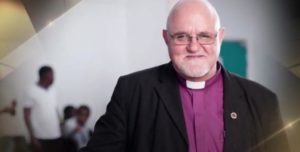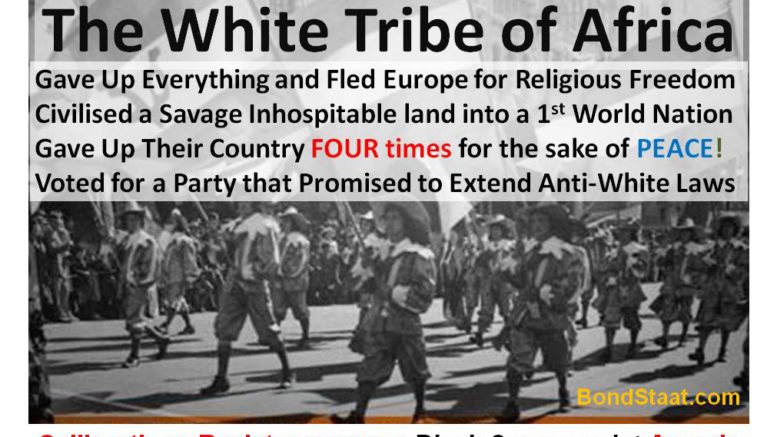
Screengrab: eThekwini Living Legend Bishop Michael Vorster
By: ANA Reporter
Durban – Whiteness likes control, security, cleanliness and standards, according to KwaZulu-Natal Methodist Bishop, Michael Vorster.
Speaking at the eThekwini Municipality social cohesion summit on Thursday, Vorster “ who is an “eThekwini Living Legend” said that in his experience, non-racialism was “an illusion, to a great extent”.
“Non-racialism is defined in whiteness, it’s about a black person conforming to whiteness. It needs to be defined in blackness; the more dominant milieu needs to be African,” he said.
Vorster said that many suburban churches in eThekwini couldn’t be called white anymore as they were “well mixed”, but they do still conform to whiteness and “white ways of doing things”.
He said that whiteness could be summed up in control, and specifically economic control.
“The thinking seems to be that you (blacks) get on with the politics while we (whites) will control the economy, and if you want entrance to this club, you have to bring some kind of political favour.”
He said that unless whites realised that their privilege and power were unsustainable, the country would not make progress.
“I understand why the black consciousness movement won’t allow white members, because I understand the white need to control; whites would want to control black consciousness,” he said.
He added that “white activists” could sometimes be “dangerous” because when they speak, people listen. “It seems that black activists are [accused of] asking the wrong questions.”
Vorster said that white privilege was so ingrained that it was difficult to remove, and that perhaps Malcolm X was right when he said that whites were incurable racists.
“That is hard for me…. because as a Christian I believe in redemption and that there is a ‘cure’ for racism,” he said. Whiteness, he said, was also defined by security.
“If you make a white person feel secure, they will stay in the country. But security cannot exist without justice. If one is in a white suburb, they can afford private security; the police listen and make resources available. Whites then feel safe behind their high walls. In the townships, it’s different. Security companies will not go there because they say it is too dangerous,” he said.
He said that as blacks and Indians moved into white suburbs, they embrace control and security.
Another defining factor for whites was cleanliness, he said.
“Very few whites will go into the inner city because they say it is dirty, but don’t look at underlying issues like proper service delivery and a lack of resources. If a white enters a black person’s home, the first thing they will say is that it is ‘very clean’.
“Suburban gardens are pristine, lawns are cut, beautiful roses are all around, but these things are environmentally unfriendly and need pesticides,” he said, adding that the natural grasses and habitats in rural homes were indigenous and environmentally kosher. The last thing defining whiteness, according to Vorster, was “standards”.
He said “attaining standards of excellence” was the new covert racism in the country.
“Some whites are no longer overtly racist, but will use language that implies exactly the same thing as overt racism,” he said.
“The message here is that if blacks enter our schools, for example, the standards will drop.”
Using a biblical analogy, Vorster said that it might be that whites wanted to create blacks in their image, according to white issues. He also urged those at the conference to “get rid” of the word equality.
“We need equity, not equality. Equity speaks about justice,” he said.
African News Agency
http://www.iol.co.za/news/politics/whiteness-likes-control-says-bishop-2012882

